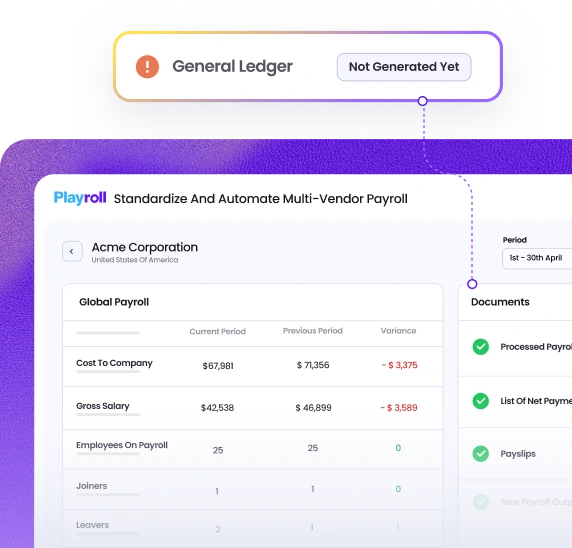What is a Good Salary in Illinois?
What is considered a 'good' salary can vary based on factors like location, lifestyle, and industry. A salary in the range of $70,000 to $90,000 is generally considered comfortable for a single person in Illinois. High-paying fields like healthcare and technology can offer salaries reaching up to $387,609, while more common roles such as Certified Nursing Assistants (CNA) typically earn around $40,442.
Average Salary by Cities in Illinois
The cost of living can vary widely from one city to another, and that impacts both how far salaries stretch and what professionals expect in terms of pay. Cities with higher living costs – like those with hot housing markets or tech hubs – tend to have higher salary expectations.
Familiarizing yourself with the average salary ranges per location can help you plan better and make sure your compensation packages are in line with local expectations to attract and retain top talent. Here’s a quick look at salary ranges across different cities in Illinois, to get a sense of competitive salaries based on local factors:
| City | Monthly Salary | Annual Salary |
|---|
| Chicago | $6,212 | $74,544 |
| Naperville | $6,192 | $74,307 |
| Peoria | $5,455 | $65,470 |
| Rockford | $4,742 | $56,903 |
| Springfield | $5,358 | $64,296 |
Salary Earnings Based on Experience Level in Illinois
Salaries naturally increase with experience – this applies to both new hires and existing team members. When planning for new positions, it's important to consider how salary ranges change at different seniority levels. This will help ensure you're meeting salary expectations, retain employees and create a fair working environment.
Here’s a breakdown of how monthly and annual salary ranges grow with experience in Illinois:
| Experience Level | Monthly Salary | Annual Salary |
|---|
| Entry-Level Jobs (0-2 years experience) | $5,000–$5,500 | $60,000–$66,000 |
| Mid-Level Jobs (3-5 years experience) | $6,250–$7,917 | $75,000–$95,000 |
| Senior Roles & Managers | $7,833–$13,167 | $94,000–$158,000 |
| Executive & C-Level | $8,333–$39,417 | $100,000–$473,000 |
Average Salaries by Job Title in Illinois
Building a competitive compensation package means knowing what the going rate is for specific roles. We’ve compiled the most recent salary data by job title for Illinois, making it easier for you to compare roles, match your offers with the market, and make sure your team is paid fairly.
| Job Title | Monthly Salary | Annual Salary |
|---|
| Administrative Assistant | $3,813 | $45,760 |
| Software Developer | $6,667 | $80,000 |
| Project Manager | $6,667 | $80,000 |
| Customer Service Representative | $3,417 | $41,000 |
| Accountant | $5,000 | $60,000 |
Highest Paying Jobs in Illinois
- Consultant and Sales Representative: $223,126
- Staff Psychiatrist: $223,082
- Finance Services Director: $216,899
- Chief Medical Officer: $216,019
- Primary Care Pediatrician: $214,739
- Medical Director: $207,402
- Vice President, Corporate Development: $204,379
- Anesthesiologist, Pain Management Specialist: $199,940
- Vice President/Managing Director: $199,306
- President/Chief Executive Officer: $198,209
Monthly Cost of Living in Illinois
In Illinois, the cost of living is slightly above the national average, particularly in urban areas like Chicago. Housing expenses are about 9% higher than the national average, driven by the high demand in metropolitan areas. Utility costs are around 4% above the national average, influenced by the state's climate and energy consumption. Transportation expenses, including gas prices and public transit, are approximately 6% higher than the national average, particularly in larger cities with extensive commuting and transportation networks.

Median Home Price
$282,909
Compliant, In-State Payroll Processing in the U.S. with Playroll
We cut payroll processing time by 80%, ensure full compliance, and provide hands-on support for both employers and employees.
-

Local, state-accurate payroll execution
-

Consolidate payroll inputs and variance reporting
-

State-specific compliance, taxes, and filings built-in







.svg)
.svg)
.svg)








.svg)



.png)
.webp)
.webp)








.svg)